Last Updated on December 14, 2020 by rob
At a Tokyo gay bar pretty teen transvestite Eddie (Peter) is the star attraction and carries on a secret relationship with Gonda (Yoshio Tsuchiya) who pushes drugs to the bar’s patrons. But Gonda is also the lover of the bar’s owner, transvestite Leda (Osamu Ogasawara), and fears Leda informing the police about his drug dealing if his affair is discovered. However what neither Gonda nor Leda know is that the self-destructive Eddie has murderous secrets of his own and in this love triangle a series of shocking revelations awaits.
An amazing piece of cinema that’s an absolute blast to sit through. Matsumoto’s film blends a gay themed reworking of the granddaddy of incest tales, Sophocles’s Oedipus Rex, with a dazzling display of film technique and an affectionate, playful portrait of gay boys and transvestism. At its heart is a charismatic performance by Ikehata Shinnosuke, who goes under the stage name Peter and whose androgynous looks and petite frame (not to mention his youth; he was still in his teens when he made this) make him extremely convincing as a female. There’s a lot of tenderness and good natured humour here (a highlight is watching Peter and two of his somewhat less convincing tranny friends trolling the shops and making use of a Men’s public urinal as passers by gawp at them in disbelief).
One of the reasons Funeral Parade is so invigorating is that it feels completely free of any constraints about how a story can be told. After some initial scene setting this becomes a non-linear tale which constantly jumps back and forth in time, repetitively circling back to key events in Eddie’s life in a style sometimes documentary (Eddie’s story is intercut by vox pops with Peter and some of the other gay actors who answer questions about what it’s like to live life as a gay boy), or pretend documentary (as when we follow the film crew who are supposedly making the film we’re watching and who sometimes pop up to comment knowingly on what we’ve just seen), sometimes stylised (there are speeded up fight scenes intentionally done for comedic effect like something out of a Benny Hill sketch) or just plain avant-garde (after a particularly bloody moment there’s a cutaway to film reviewer Choji Yodogawa who affably critiques what we’ve just seen!)
Indeed the non-linear style of storytelling is quickly pushed to such an extreme that the film turns into a kind of collage of moments, a mosaic, and yet there’s never one moment where the film feels like it’s losing control or becoming a mere exercise in style. Eddie’s visit to an art gallery turns into a fascinating and unsettling disquisition on masks with its implication that Eddie’s transvestism is itself a mask concealing secrets he’d prefer the world not to know. At every step of the way director Matsumoto seems to know exactly what he’s doing and he has a great time playing with our own assumptions about what we’re seeing. A love making scene featuring a big close up of Eddie oohing and aahhing in erotic bliss is intercut with a behind-the-scenes shot showing how the director got those reactions (all Peter’s really doing is reacting to having his foot tickled by a crew member).
Another memorable moment comes at the start as Eddie – whom we assume to be female – takes a shower and as the camera observes the water trickling down her back and curvy bum she turns to the camera and the film freeze frames on her flat chest completely undermining the illusion of what we thought we were getting. Elsewhere a pot-smoking session between Eddie and his friends turns into a semi-naked orgy that far from seeming sordid or sleazy evokes a kind of joyful innocence. You get the feeling that if Angels held orgies it might be something like this! Matsumoto’s direction is matched shot for shot by Tatsuo Suzuki’s gorgeous b/w cinematography which ranges from the sublime layered whiteness and formal compositions of an opening lovemaking scene between Eddie and Gonda to the dancing shadows, handheld camerawork and harsh, high contrast look of a spontaneous orgy.
Even the film’s political edge – the Shinjuku youth riots of the period that we see, the whole counterculture thing that is the backdrop of Eddie’s life (including a likeable black GI Eddie hooks up with who is presumably on the run from Vietnam) – never come across as trite or cliched. A half century later Funeral Parade’s view of the world still feels fresh and fascinating when contemporaries like Oshima’s Diary Of A Shinjuku Thief (1969) feel musty and dated. What’s particularly fascinating here is that Matsumoto’s contrast between the stylised love triangle melodrama he’s telling and the more realistic, documentary style scenes featuring real people mean we’re watching two parallel and yet intimately intertwined stories. One is this fictional tale of a gay transvestite called Eddie, the other is a real life snapshot of Peter, his friends, their lifestyle and what it’s like to be young and gay in Japan at this particular time.
The result is that Peter and his friends become bigger than the fictional story they’re starring in. Perhaps that’s why the climactic violence of Eddie’s story, though startling, doesn’t have the impact that it might have had in a more conventionally told narrative. Instead it feels more like a piece of performance art in which you wonder whether it’s Peter we’re supposed to be watching or the fascinated mixture of reactions from members of the public captured on camera. But it’s a measure of what Matsumoto achieves here that what you remember most about Funeral Parade is not the story or style – dazzling and absorbing though both are – but rather those sweetly good natured gay boys who agreed to star in the film while discussing on camera something of their lives, their hopes and their dreams for the future.
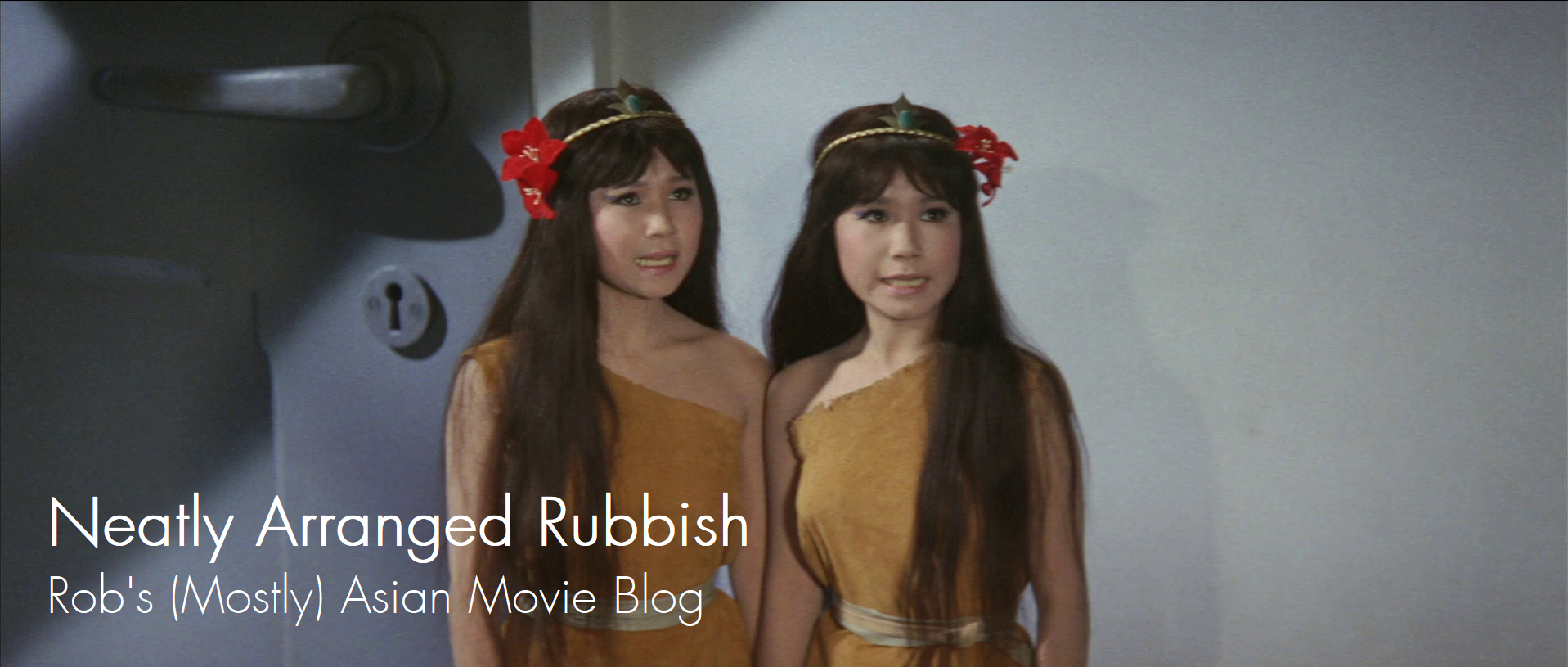
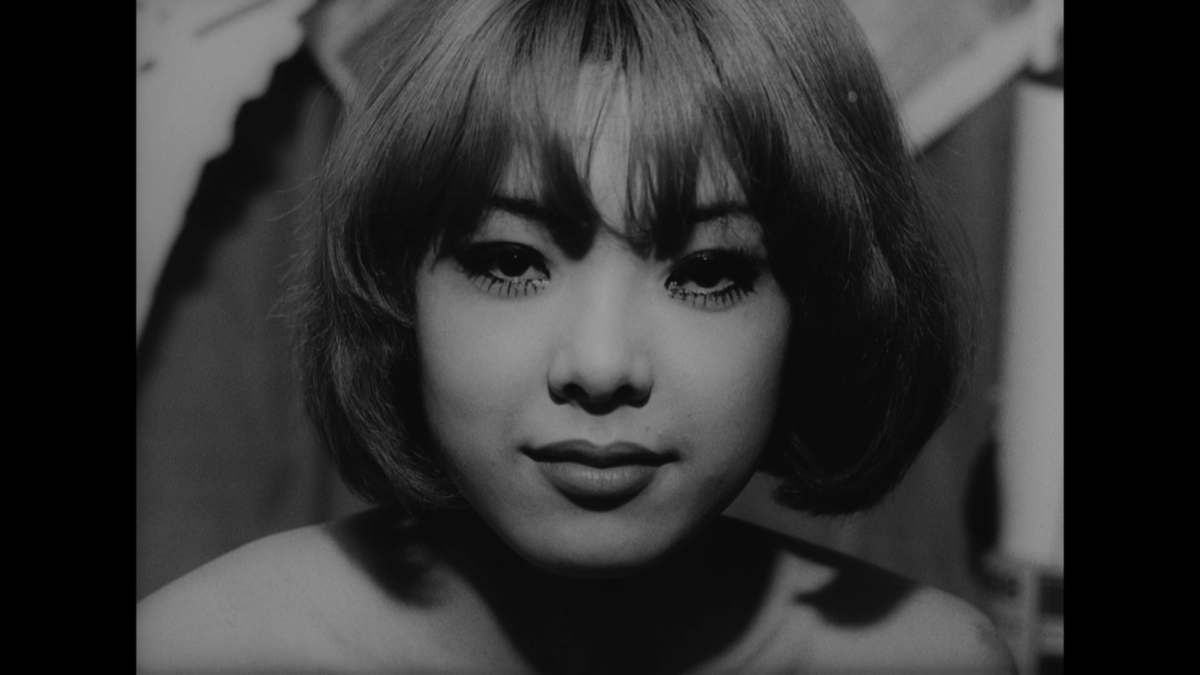
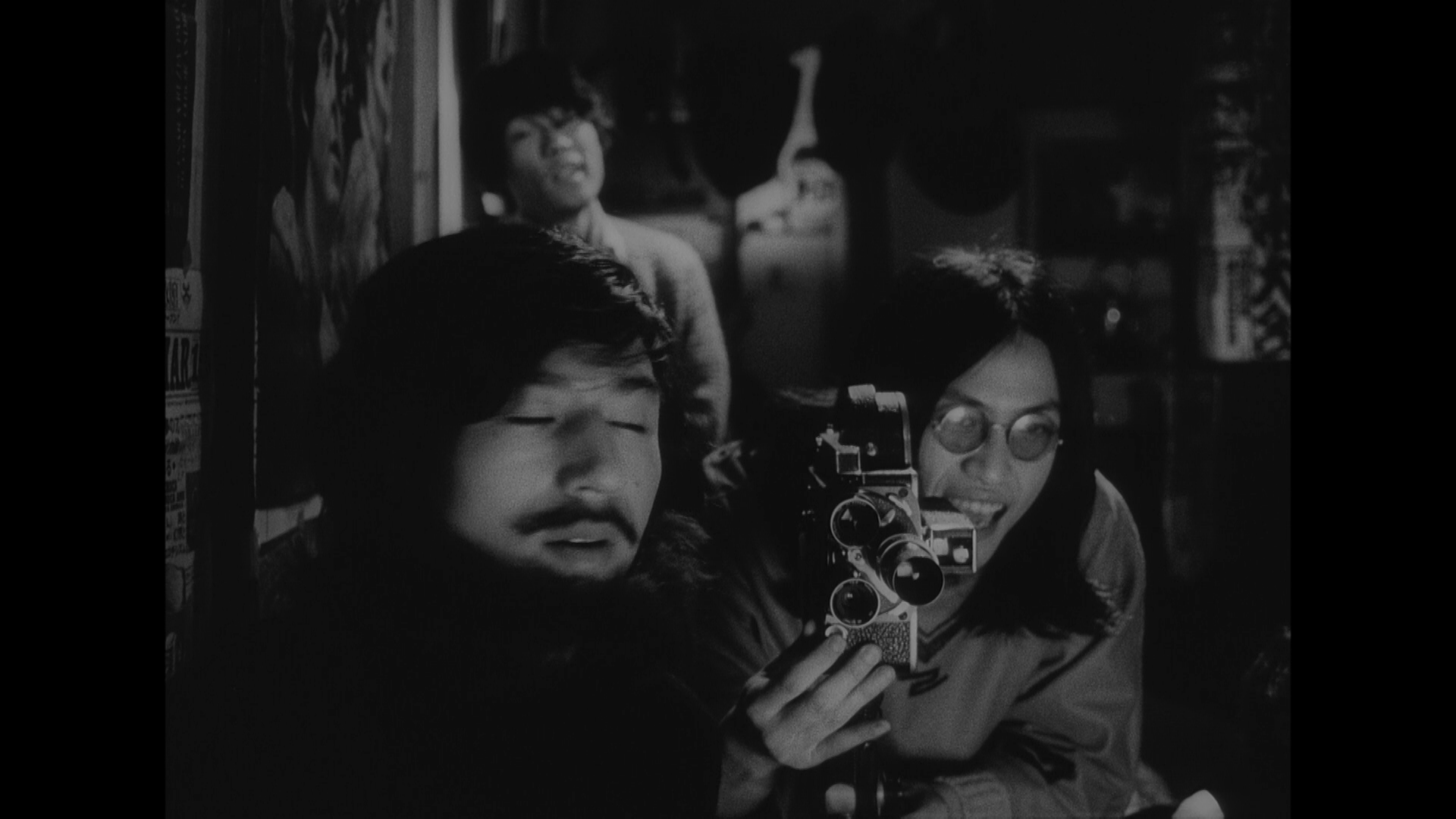
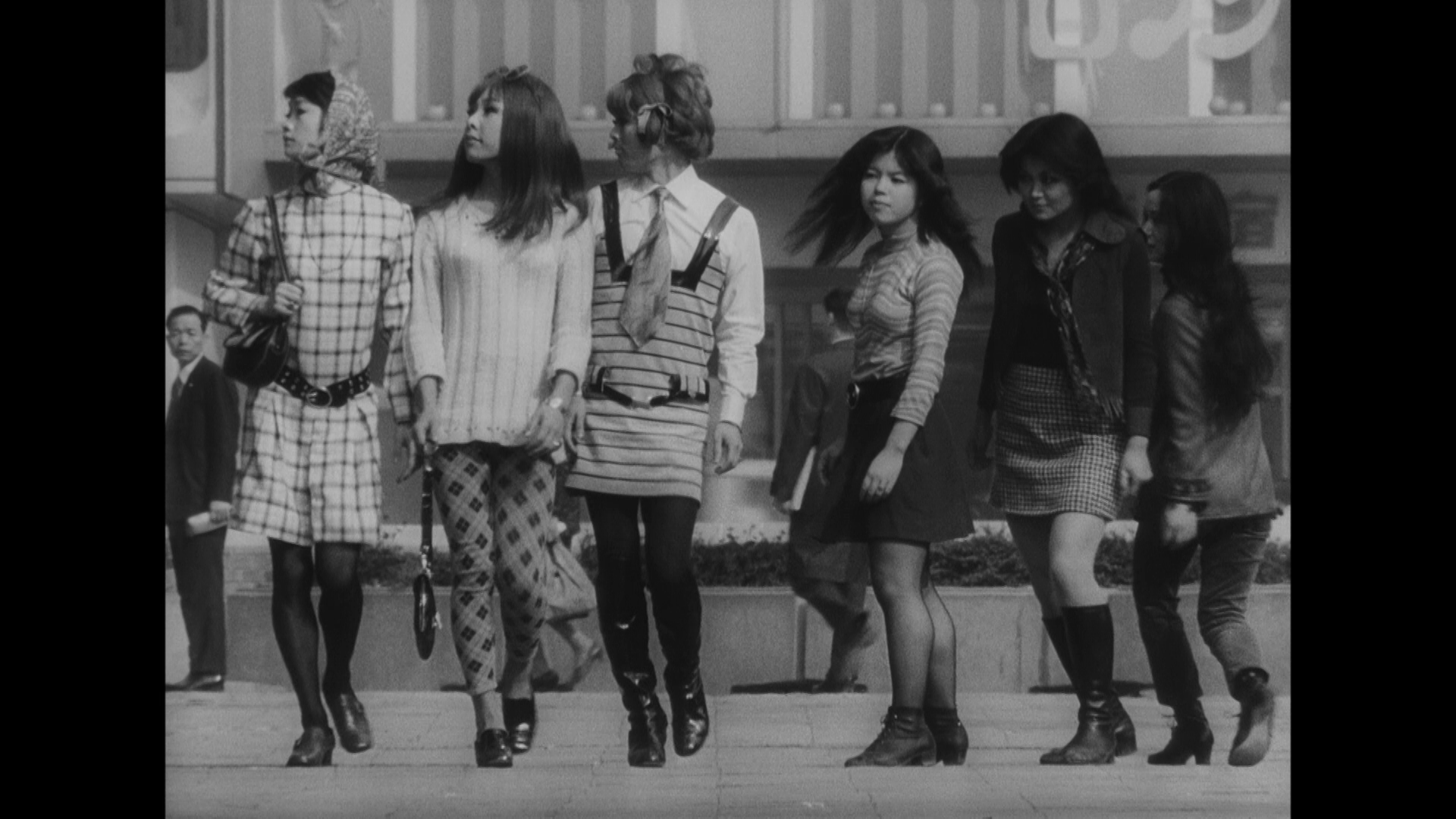
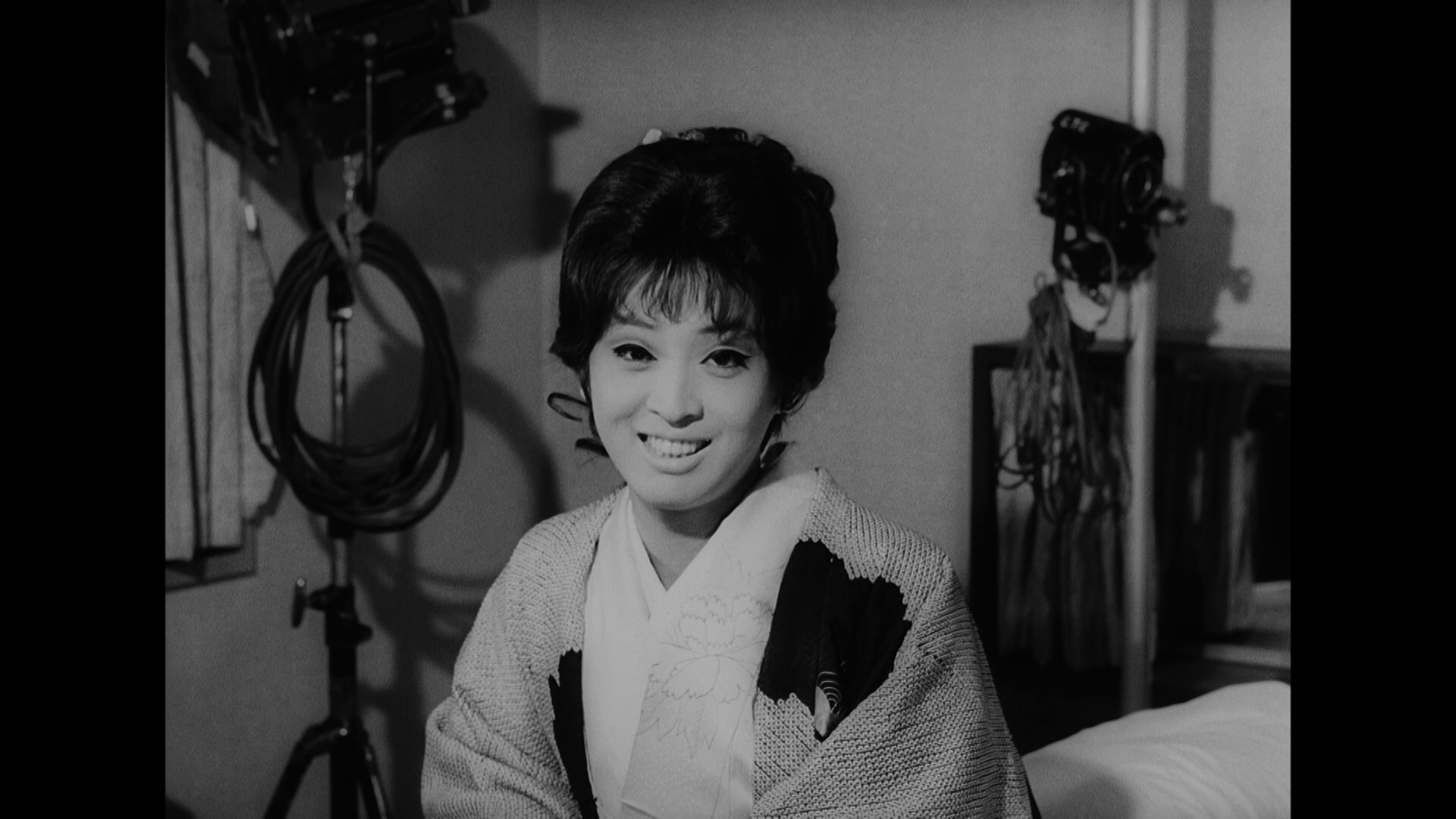
LOVE this!! I’ll add it to the start of my viewing list! 😊 Best quote I think I’ve read (possibly ever) – “You get the feeling that if Angels held orgies it might be something like this!”
If 2021 can offer this as a consolation to the shit-storm of 2020, then I’m in!
Superb write up! 😊
Aw, thank you Helen!